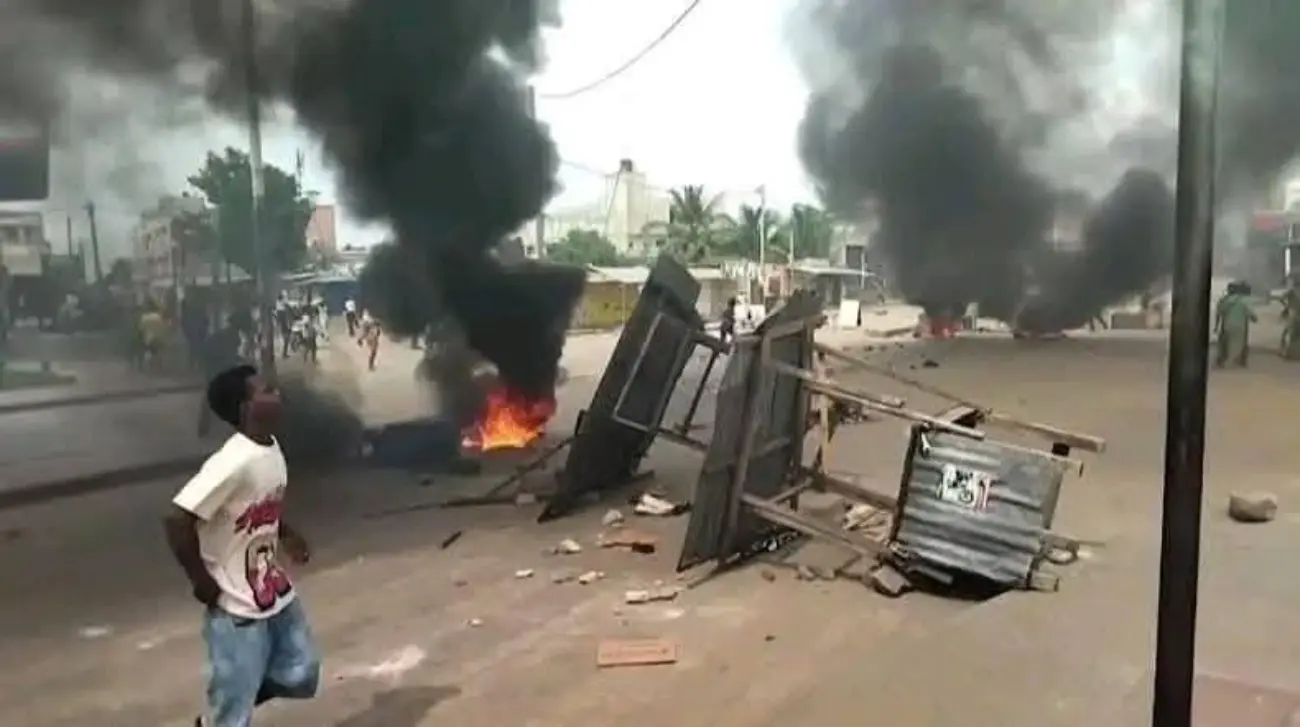Togo: at least 07 deaths during the protests of June 26, 27, and 28
At least seven people have been killed during anti-government protests that took place this week in Lomé, the capital of Togo. There are also dozens of wounded, according to Agence France-Presse (AFP), citing civil society and human rights defense organizations that state seven bodies were recovered from streams in the city. Togolese authorities have not given an official death toll, but a gendarmerie brigade mentioned two deaths “caused by drowning,” notes the media.

Protests were held in Lomé on June 26 and 27, initiated by the opposition to demand the repeal of the new Constitution adopted by the parliament. These were marked by clashes between protesters and law enforcement. Municipal authorities blocked access to several social networks. On Saturday, June 28, the opposition and civil society organizations jointly condemned this repression, while the government has made no statement.
For the third consecutive day, protesters took to the streets of Lomé to protest against the regime of Faure Gnassingbé, in power for 20 years. The repression was violent. A substantial police force was deployed in several districts of the Togolese capital. Law enforcement used batons and tear gas. Some even decry methods which are even more radical.
“Our brother was killed yesterday in the lagoon. And it was while looking for his body today that we came across two other bodies in the water.”
The protesters are rallying against price increases in the country, notably electricity, but also against the constitutional reform. Opposition parties fear it will allow the current president, Faure Gnassingbé, to consolidate and extend his power. In 2005, he succeeded his father, who himself had been at the helm of the state for 38 years.
The new Togolese Constitution was adopted by the parliament and enacted in May 2024 by the President to establish a parliamentary regime in the country. The opposition does not recognize the new Constitution and believes it sustains the power of Faure Gnassingbé, who stepped down last month from the presidency of the country but became the President of the Council of Ministers.
Up to now, the Togolese government has responded to the protests through repression. Several figures critical of the government have been arrested in recent weeks. The NGO Amnesty International has also reported instances of torture, allegations denied by the authorities. The Minister of Labor believes that the government is only reacting to the protesters’ intentions to create chaos.


Comments